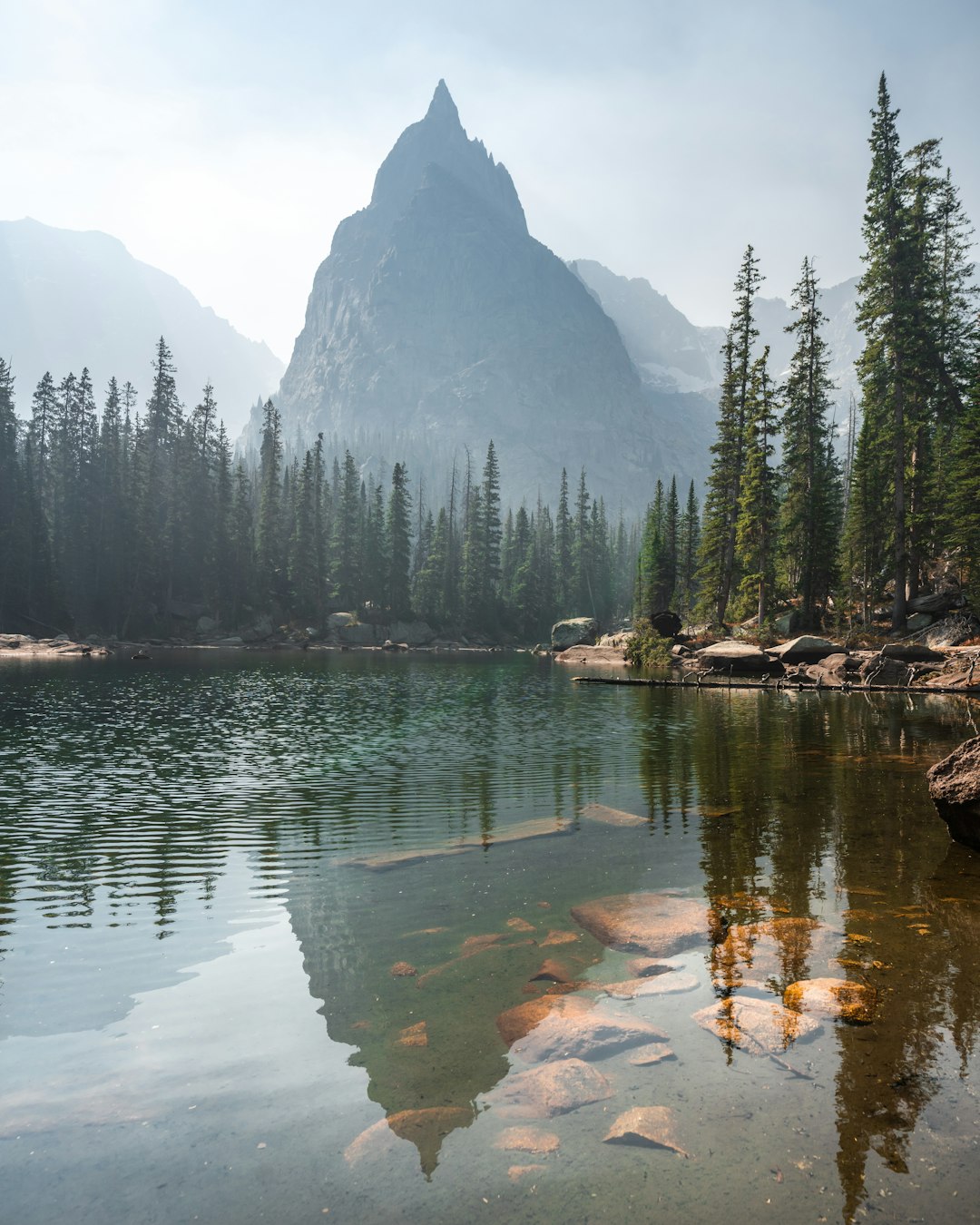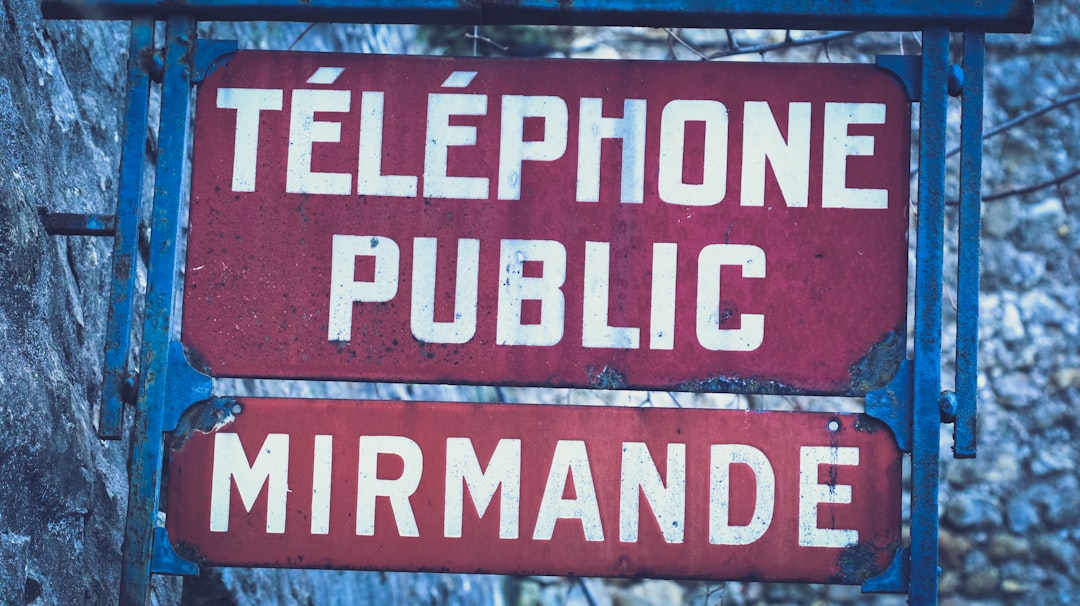Lake Itasca, the source of the Mississippi River, holds historical and ecological significance. The river's impact on North American civilization inspired crucial regulations like Colorado's stringent Do Not Call Laws, protecting residents from unwanted solicitations. Do Not Call Lawyers and Spam Call Law Firms in Colorado enforce these laws, ensuring privacy and blocking relentless telemarketing. Just as the Mississippi River shaped interstate commerce, Colorado's legal framework safeguards personal privacy from unsolicited communications, including law firm calls, echoing the river's enduring power.
“Lake Itasca, nestled in northern Minnesota, is not just a serene natural wonder but also the birthplace of the mighty Mississippi River. This article delves into the geographical significance of Lake Itasca and its role in shaping the course of one of America’s most iconic rivers. We explore the historical journey of the Mississippi and its impact on Colorado’s legal landscape, specifically focusing on Do Not Call laws. Learn how Do Not Call lawyers and attorneys in Colorado play a crucial part in protecting residents from spam calls, drawing parallels to Lake Itasca’s role as a source of life and regulation.”
Uncovering the Origin: Lake Itasca and Its Geographical Significance

Lake Itasca, nestled in northern Minnesota, holds a significant place in American geography as the source of one of the country’s most iconic rivers—the Mississippi. This tranquil lake, surrounded by dense forests and towering pines, serves as the birthplace of the mighty river that stretches over 2,300 miles. Its pristine waters flow swiftly, carving their path through the landscape, ultimately joining forces with the St. Croix River to form the Mississippi.
The geographical significance of Lake Itasca extends beyond its role as a riverside oasis. The lake and the surrounding area are part of a vast watershed system, crucial for maintaining the ecological balance of the region. As the primary source, it plays a vital role in shaping the river’s course, influencing water levels, and supporting diverse ecosystems along its journey to the Gulf of Mexico. This natural wonder is not just a destination for outdoor enthusiasts but also a testament to the intricate relationship between land, water, and nature’s enduring power.
The Historical Journey of the Mississippi River: A Brief Overview

The Mississippi River, one of North America’s most iconic water bodies, has a historical journey that spans centuries. Its origin lies in Lake Itasca, a serene spring located in northern Minnesota, marking the beginning of this mighty river’s 2,340-mile course. The river’s history is intertwined with the development of various civilizations and economic landscapes across the United States.
Historically, Native American tribes like the Dakota and Ojibwe relied heavily on the Mississippi for hunting, fishing, and trade. As European settlers arrived, they followed the river for transportation and commerce, leading to significant cultural exchanges. The river’s role in facilitating trade and connecting distant regions eventually attracted attention to its management and regulation. This resulted in the implementation of laws like Do Not Call laws in Colorado (and other states), which aim to protect residents from unwanted calls, reflecting a broader societal shift towards consumer protection and privacy.
Do Not Call Laws in Colorado: Protecting Residents from Spam Calls

In Colorado, respecting residents’ privacy and safeguarding them from unwanted spam calls is a priority. The state has implemented robust Do Not Call Laws to protect citizens from relentless telemarketing and sales calls. These laws empower Coloradans to take control of their phone lines and enjoy some much-needed peace from incessant advertisements. Anyone found violating these regulations by making or facilitating spam calls can face legal consequences, making it crucial for businesses and individuals alike to adhere to the rules.
Hiring a Do Not Call Lawyer Colorado or Do Not Call Attorney Colorado is an effective step if you’ve encountered persistent spam calls or need guidance on navigating these laws. These legal experts specialize in Do Not Call law firms Colorado and can offer tailored advice, ensuring your rights are protected. They help individuals and businesses establish and maintain Do Not Call lists, providing a reliable shield against unwanted communication. By engaging their services, you contribute to fostering a more respectful and regulated telemarketing environment in the state of Colorado.
The Role of Lawyers in Enforcing Do Not Call Regulations

The role of lawyers in enforcing do not call regulations is pivotal. In Colorado, Do Not Call Lawyers and Do Not Call Law firms play a crucial part in ensuring compliance with Do Not Call Laws. These legal professionals help protect consumers from unwanted telephone solicitations by holding telemarketers accountable for violating state laws. They work closely with regulatory bodies to interpret and enforce these regulations, which can vary widely in their specifics across different states.
A Spam Call law firm specializing in do not call laws is equipped to handle a range of issues, from filing formal complaints against violators to negotiating settlements or representing clients in court. Such firms often have deep knowledge of consumer protection legislation and the latest developments in telemarketing practices. Engaging a Do Not Call Attorney Colorado can empower individuals and businesses to safeguard their rights under these laws, ensuring that their privacy is respected and their phone lines remain free from unsolicited calls.
Exploring Lake Itasca's Impact on the Legal Landscape of Colorado

Lake Itasca, nestled in northern Minnesota, isn’t just a scenic gem; its historical significance as the source of the Mississippi River has far-reaching implications, even for legal landscapes across states like Colorado. While Colorado residents might not immediately connect their state to this distant lake, Do Not Call laws and regulations within Colorado’s legal framework have indirect ties to such geographical wonders.
The Mississippi River, originating from Lake Itasca, plays a role in shaping interstate commerce and communication. This river, over centuries, has facilitated trade and travel, influencing the development of legal norms around it, including those related to phone solicitations. The Do Not Call laws in Colorado, for instance, are designed to protect residents from unwanted calls, reflecting a broader trend across the nation to safeguard personal privacy. These laws not only impact direct sales calls but also have implications for law firms and legal professionals who might engage in unsolicited communication, ensuring that their practices comply with state regulations, much like those navigating the river’s currents must adapt to its rules.






